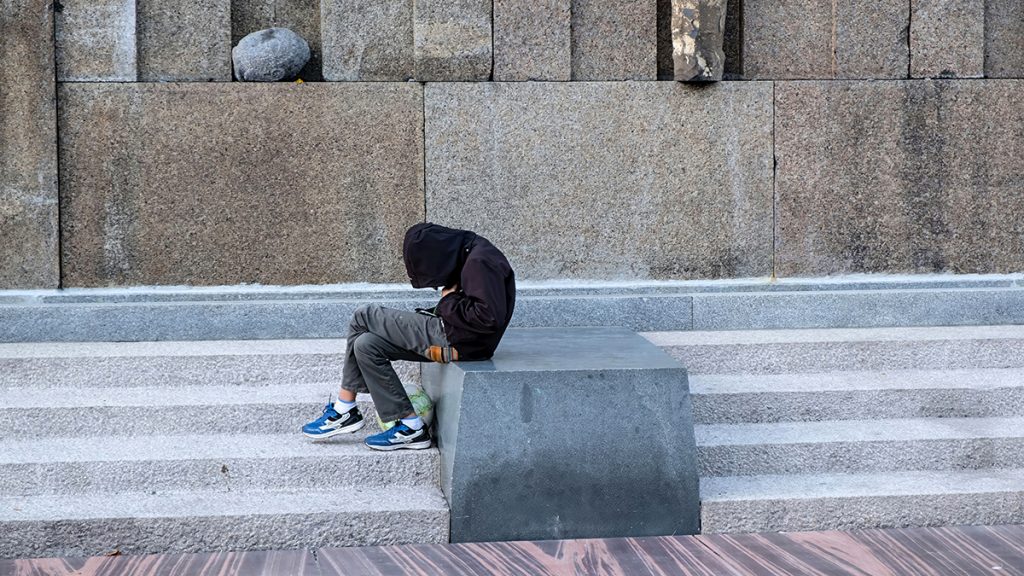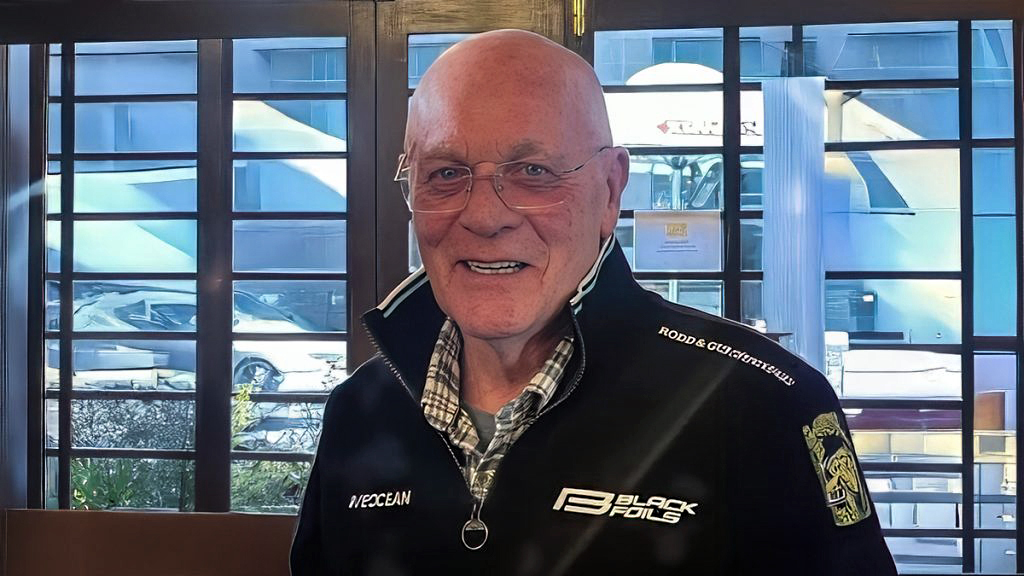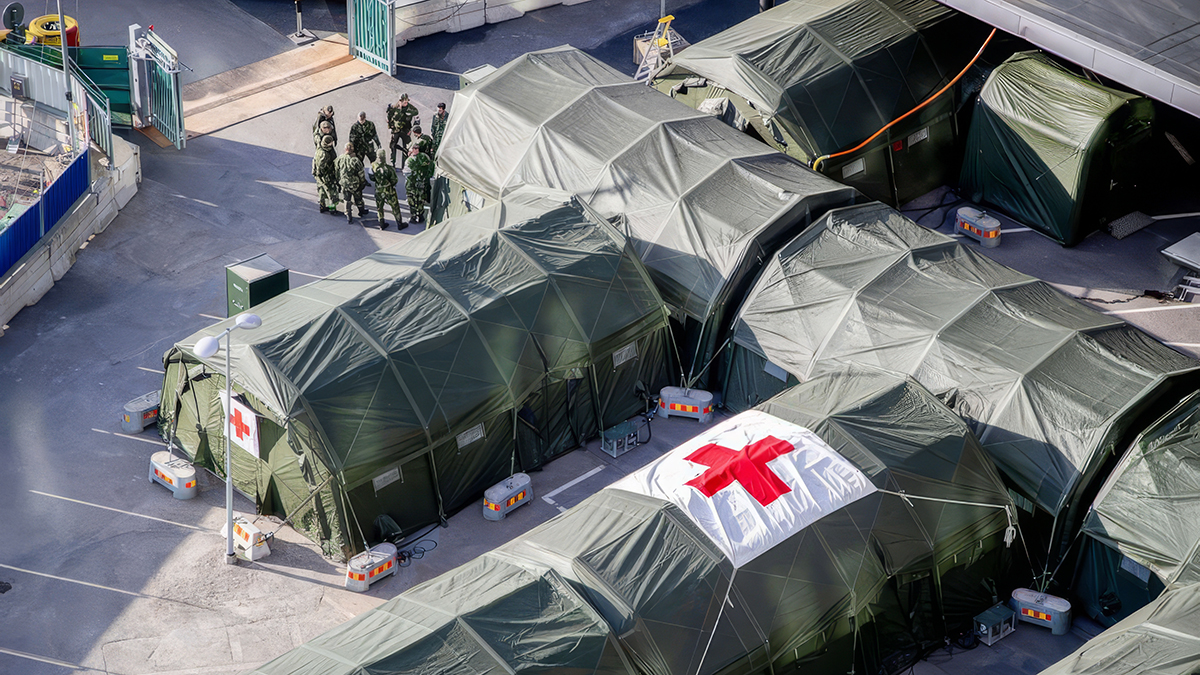Cries rise and fall between moments of heavy silence. In such a place, the only instinct that matters is to bind wounds.
Lest we forget, Pope Francis once said, “I see the Church as a field hospital after battle. It’s useless to ask a seriously injured person if he has high cholesterol. You have to heal his wounds, and then we can talk about everything else.”
A field hospital isn’t sterile. It’s noisy, rushed, and stitched together on the fly. You treat people where they’ve fallen; before the shooting stops, before they’ve cleaned up, before they even know what’s happened to them.
We see what happens when we wait for people to tidy up their lives before offering the assistance they need. It’s not a great “ministry” model.
Francis put his idea of the Church as a field hospital plainly in an interview:
The thing the Church needs most today is the capacity to bind wounds and warm hearts. Proximity. Closeness. You don’t ask someone who’s just been blown apart about their cholesterol levels. You stop the bleeding first. Everything else can wait.
The image of the Church as a field hospital the Gospels, where Jesus first touches the leper, then speaks; first lifts the woman bent double, then calls her daughter.
Mercy comes before rules, presence before doctrine, touch before teaching.
- In the ordinary rhythms of life, this is not theory. It looks like the neighbour bringing soup to someone who is having chemo.
- It sounds like a friend listening through the night during a devastating life-or-death situation.
- It feels like someone supporting the parents of a disadvantaged child.
We don’t have to go searching for these sacred spaces of mercy; they’re everywhere.

Mercy before rules
The Church, in this sense, is not just the clergy or an institution; it is everyone: the people of God, believers who respond to the pain around them with presence, patience, and compassion.
We carry this “field hospital” into our kitchens, workplaces, classrooms, and bus stops. And it is work we do together; Field hospitals rely on teams.
n the Church, that means small groups who pray for the sick, parish ministries that stand with the disadvantaged, friends who walk with the bereaved, and communities that advocate for justice.
This way of living means practising nonjudgmental presence:
- Listening before speaking.
- Holding space before offering solutions.
- Turning everyday spaces into places of mercy.
It means gossip gives way to encouragement, cynicism to kindness and bullying to empathy.
Truth be told, the Church won’t be recognised for its creeds or committees. It’ll be known for how it shows up in times of need and for how ordinary folks respond to extraordinary pain, not with polished theology, but with compassion.
We may not have all the answers. But if we love well, if we walk with instead of preach at, maybe that’s enough.
Maybe, that’s where the Church most looks like Christ.

- Peter Roe SM ministered for many years in parish life. Drawing on that experience and further training, he went on to found Wellintown, a centre for growth and reflection in Wellington, New Zealand. Nationally recognised, his team developed seminars such as One for the Blokes, designed for men facing challenges too heavy to handle alone.

